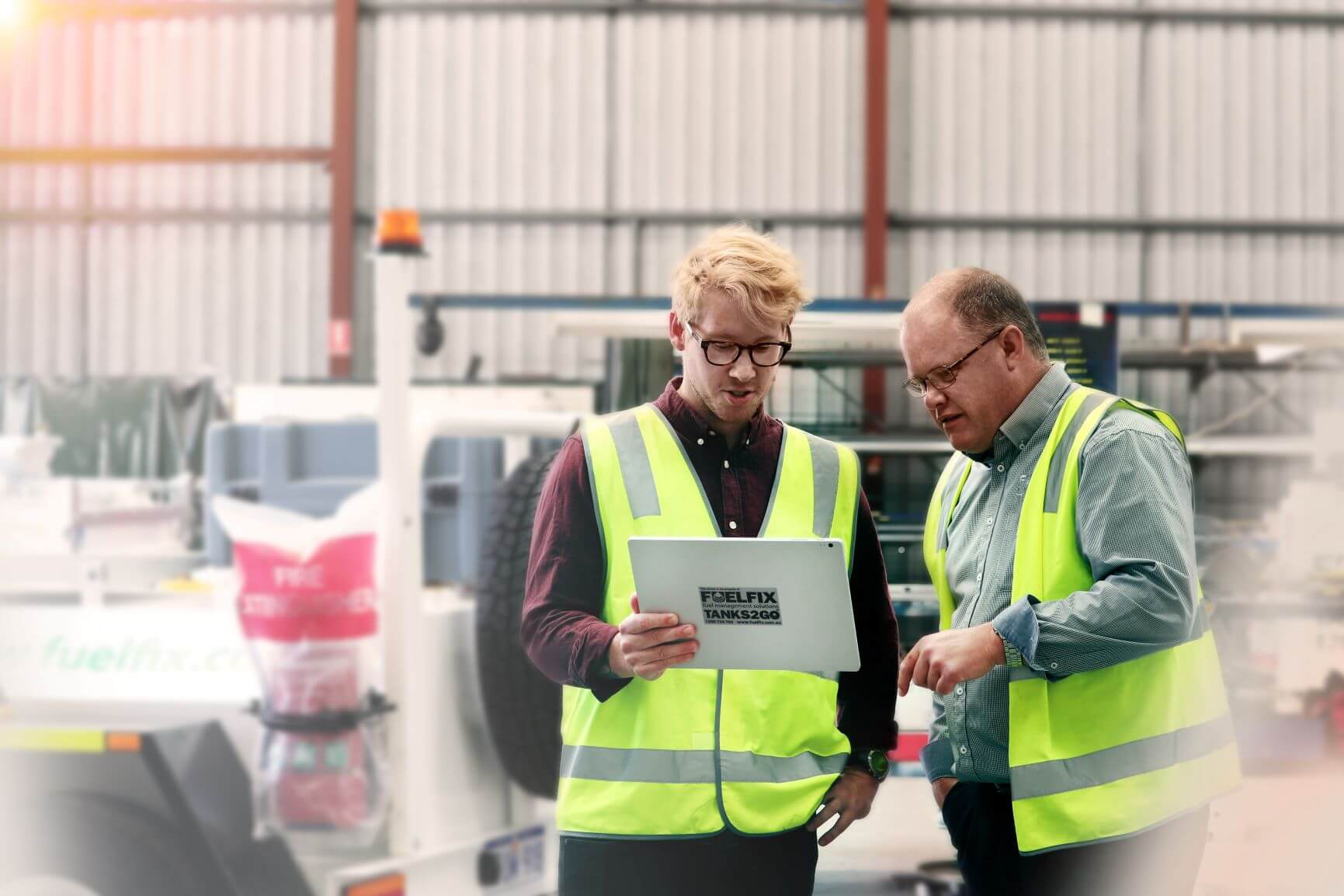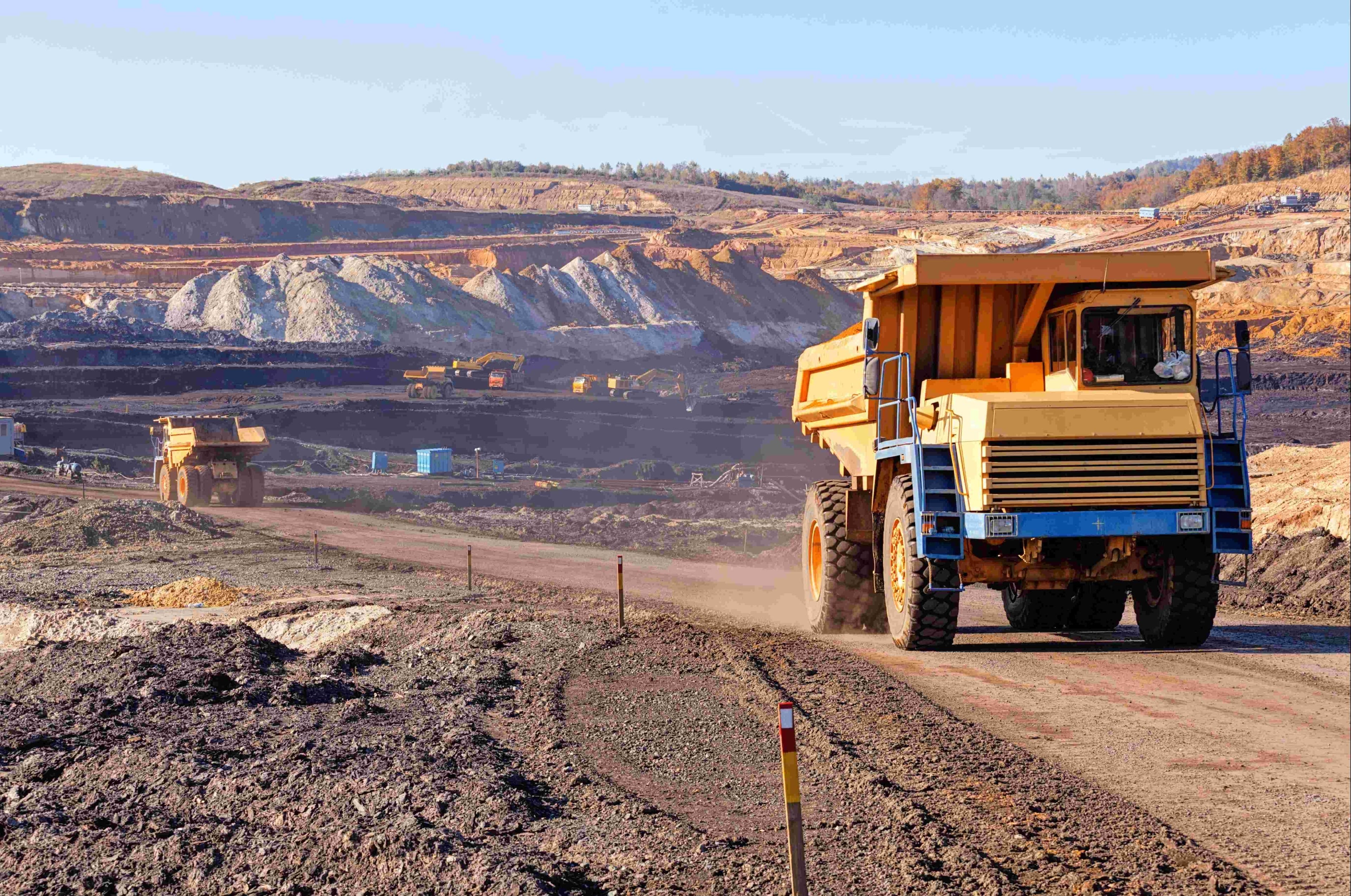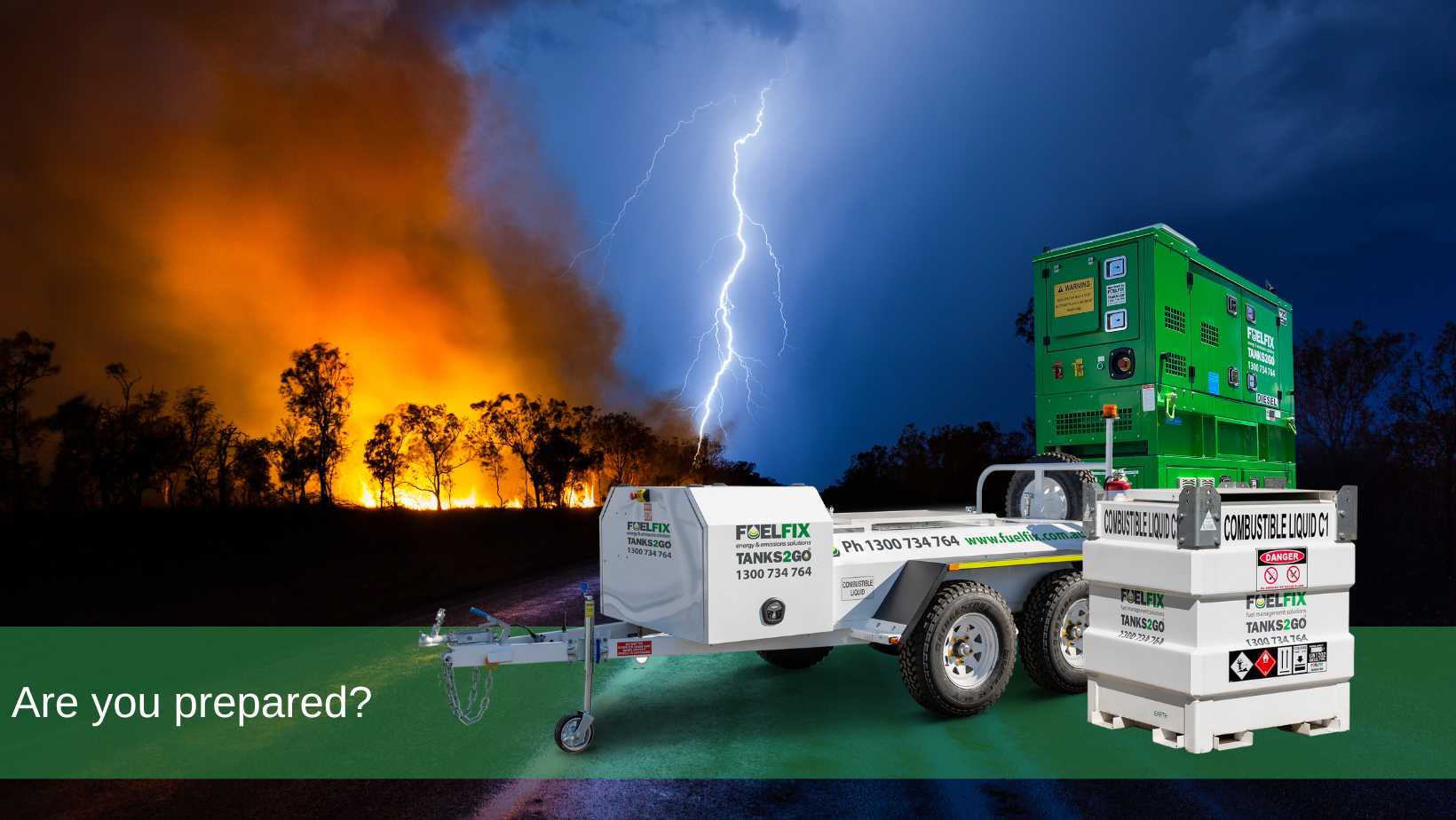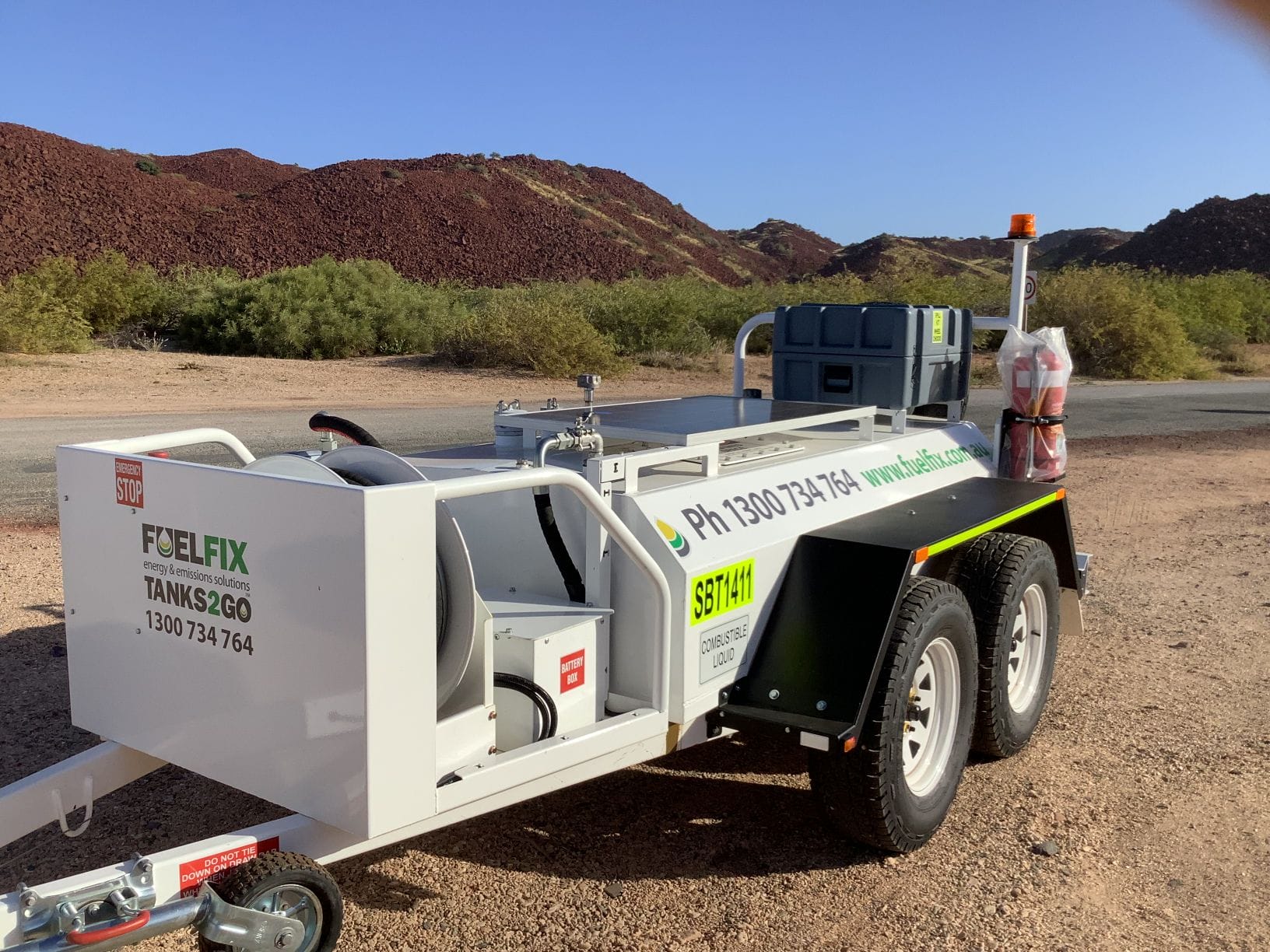
Self-Bunded tanks are the preferred option for onsite refuelling for many companies. They are secure, can withstand the harsh weather of remote Australia and are environmentally safe.
But today the market is packed with an array of choices, which only adds to the complexity of finding the right fuel tank solution for your business. That’s why we have curated the below checklist to help you make the right decision.
Calculate Your Fuel Needs
Fuel consumption is the primary variable to consider when selecting a self-bunded tank. Consumption is dependent on the number of vehicles and equipment, the amount of fuel they need, the number of fuel storage tanks on-site, and the duration of your operations.
It is proven that larger fuel tanks provide higher cost-benefits of bulk storage. On the other hand, fuel that’s standing in the tank for too long can attract microbes and lead to fuel contamination. This can lead to equipment faults or even failure. Getting the balance right between too little storage and too much is crucial when trying to make your fuel go as far as possible.
Another important and often overlooked factor to consider while determining your fuel storage tank size is to consider the standard sizes of the semi-trailers delivering fuel. If the fuel transported by delivery tanks is 35,000 litres, then it is economical to install an on-site storage tank that can hold at least 55,000 litres. That is the reason the T55s and 70FFs are the most popular large tanks in our fleet. They offer the benefit of never running fuel too low whilst also being able to maximise purchasing power when receiving a full semi-trailer delivery.
Get the Right Dispensing Equipment!
The type of equipment that needs to be re-fuelled will determine what type of pumping and dispensing equipment you need. Understanding how the tank will be used is pivotal in determining what fuel tank features you would need.
Common considerations include whether you require light vehicle and heavy vehicle refuelling and whether a truck unloading pump is required. Additionally, you may wish to consider the benefits of using load arms to increase flow rates and minimise manual handling risks.
Examine Additional Fuel Tank Upgrades
Today, the customers have the option to add many additional features to the fuel tanks, like fuel management systems, RFID tracking etc.
The fuel tank manufacturers and installers can offer a range of hardware and software packages that provide security and control over bulk fuel facilities. These systems help to plan, monitor and control fuel consumption better.
Talk to your fuel tank manufacturer to understand what additional features and upgrades would be best suited to your requirement.
Recognize Your Unique Fuel Handling Concerns
Every site is distinct. Whilst planning the best fuel storage solution for your business, think about the challenges in your business environment.
Do you have space constraints?
Do you operate in a cyclone-risk or any other severe weather region?
Is fuel theft a problem in your area?
You are the expert to determine your unique fuel handling challenges. And it is important to factor them in while you are speaking to your fuel tank manufacturer.
Check Your Local or State Regulations
Finally, it is crucial to understand what regulations affect you. Getting the right guidance from the beginning will help you reap the maximum benefits from your fuel investment and mitigate risks.
The standards governing bulk diesel storage in Australia are AS1940, AS1692, and AS1657. Verify with your fuel tank manufacturer that the fuel tank solution commissioned meets all the relevant standards and is compliant with all the necessary environmental and safety legislation.
Picking the right self-bunded fuel tank for your business needn’t be a complex task if you have the right partner. Our team of experts can help you choose the right fuel tank solution. All our self-bunded fuel tanks are fully compliant. And our Australia-wide footprint will ensure a quick response and shorter lead time for your business.
Call 1300 734 764 to learn how we can tailor our self-bunded fuel tanks for your requirement.



